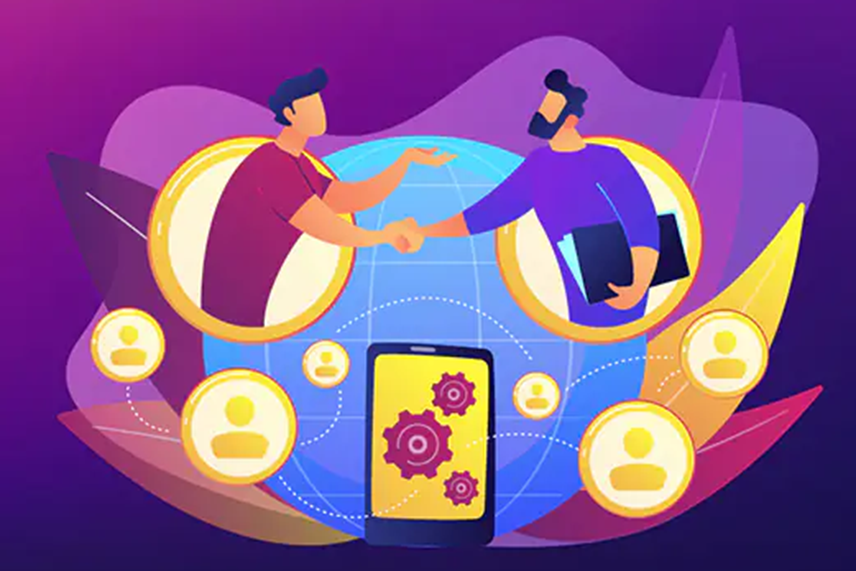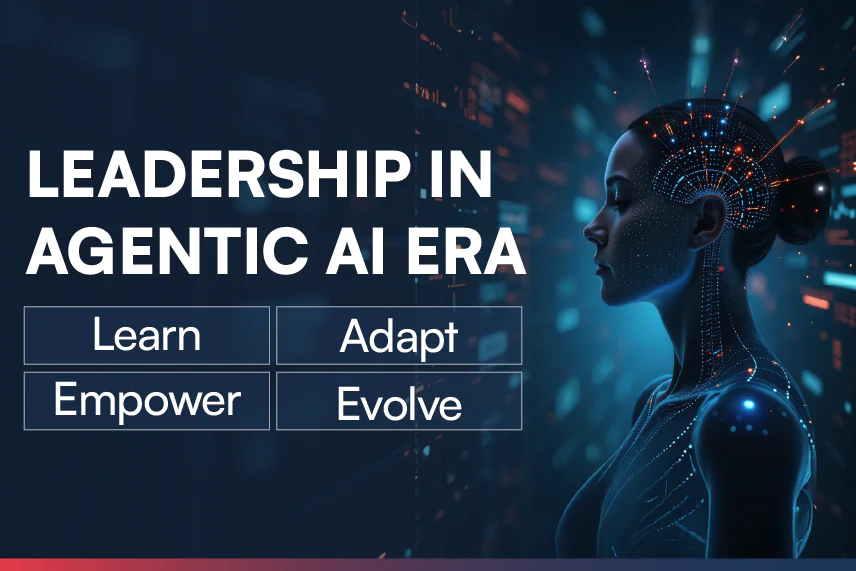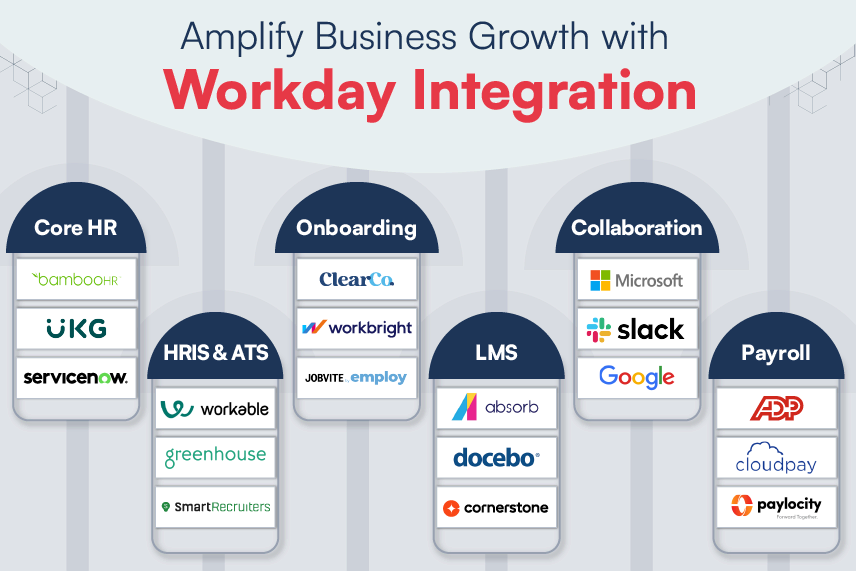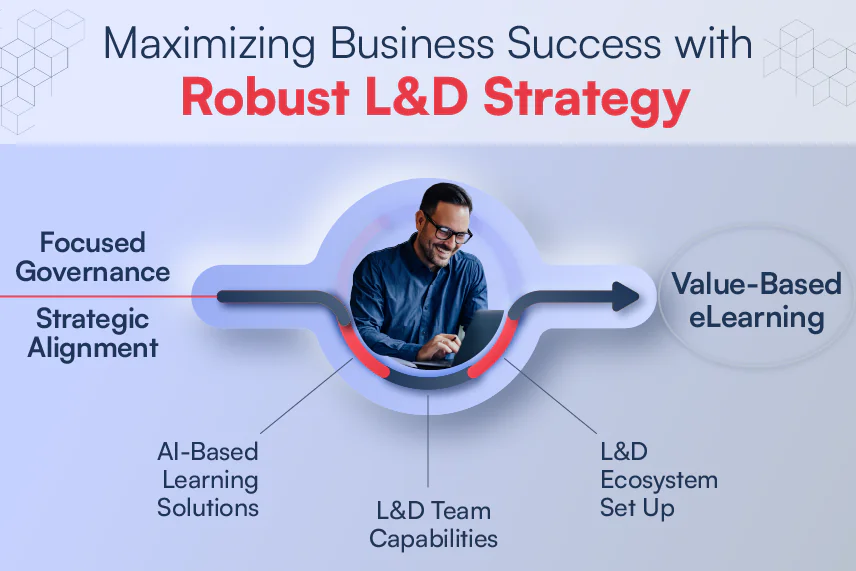
As businesses are evolving to accept the new normal, making use of innovative communication techniques is greatly assisting the efforts. One promising area on this note are the collaboration tools – their benefits endorsed by their growing popularity.
A validation of this change came from Microsoft in April 2020, when they reported 75 million daily active users on Teams.
This insight points towards an evolution in which users are migrating from traditional messaging applications like emails and text messaging, to virtual workplaces. These virtual workplaces are highly sophisticated chat and collaboration applications like Microsoft Teams, Slack, Zoom, WhatsApp for Business, and Workplace by Facebook.
Time to Bring the Change
This kind of technology evolution is actually not new. We saw a similar evolution a decade ago when smartphones hit the market and completely changed how people talked, and how they used computing devices. In that case, what should we make of this changing attitude towards collaboration tools?
What it means for HR and Learning technology is that they now have a new interface for operationalizing their product. Just like mobile apps were introduced a decade back, it is now time to develop apps and extensions into these collaboration platforms. For example, for a recruiter, it would mean simply opening an onboarding app to find all the relevant candidate documents already collated.
Something for Everyone
Having apps for HR and Learn Tech will enable employee training on-the-job and in combination with continuous learning. There can be features for employees to register their learnings and for managers to track the progress.
Moreover, a seamless integration of these apps with tools and software will make remote working more transparent – a solution that companies small or large will greatly appreciate. On these very lines, a study done by Microsoft in July this year measured collaboration patterns across their 350-person Modern Workplace Transformation Team. The findings state –
A new “night shift” has emerged as (employees) devote more hours during the day to handle personal responsibilities, such as homeschooling. Weekends are no longer off-limits when it comes to collaboration and work, and more people spend their “lunch hours” instant-messaging with colleagues, suggesting an unending workflow.
Research into such changing work habits are highly indicative that employees appreciate the flexibility collaboration tools offer and look at it as a means of staying productive. And speaking about productivity, most of the tools have a result dashboard for companies to leverage communications, like Workplace by Facebook offering free business reports and insights into consumer behaviors for better understanding the data.
How Will HR and Learning Tools Change
As users start adopting these tools, it is important that technology providers and product development companies support integrations with these platforms. However, a lot of HR Tech vendors are still unclear on how they could leverage these collaboration tools within their existing functionality.
Specifically, in the case of Learning and HR, user adoption and customer stickiness seem to be one of the most recurring problems, and collaboration platforms could help boost adoption.
For example,
- A Learning platform can notify the user in the Slack/Teams chat about new learning courses based on a learner’s goals and preferences.
- An entire job interview can be recorded, transcribed, and shared with hiring managers through a Zoom based app.
- Employees could review and sign-off their Benefits enrolments and beneficiary information from a Teams app.
“Collaboration platforms could also allow simple yet impactful gestures like giving employee recognition badges to acknowledge performance. The possibilities are many. In the future, a higher number of apps or extensions to traditional HRTech platforms would be enabled.
Technology providers need to rethink their product roadmaps to adopt products to work with these communication and collaboration techniques. Accelerating your product roadmap to include support for collaboration will bring in multiple benefits – better user adoption, meaningful user behavior data, and most importantly, seamless employee experience in a remote workplace
End Note
Technology providers need to rethink their product roadmaps to adopt products to work with these communication and collaboration techniques. Accelerating your product roadmap to include support for collaboration will bring in multiple benefits – better user adoption, meaningful user behavior data, and most importantly, seamless employee experience in a remote workplace
We recently did a Point of View Session on the topic ‘Impact of Collaboration Platforms on HR and Learning’. You can watch the full recording here: https://j.mp/3iJAtrV






